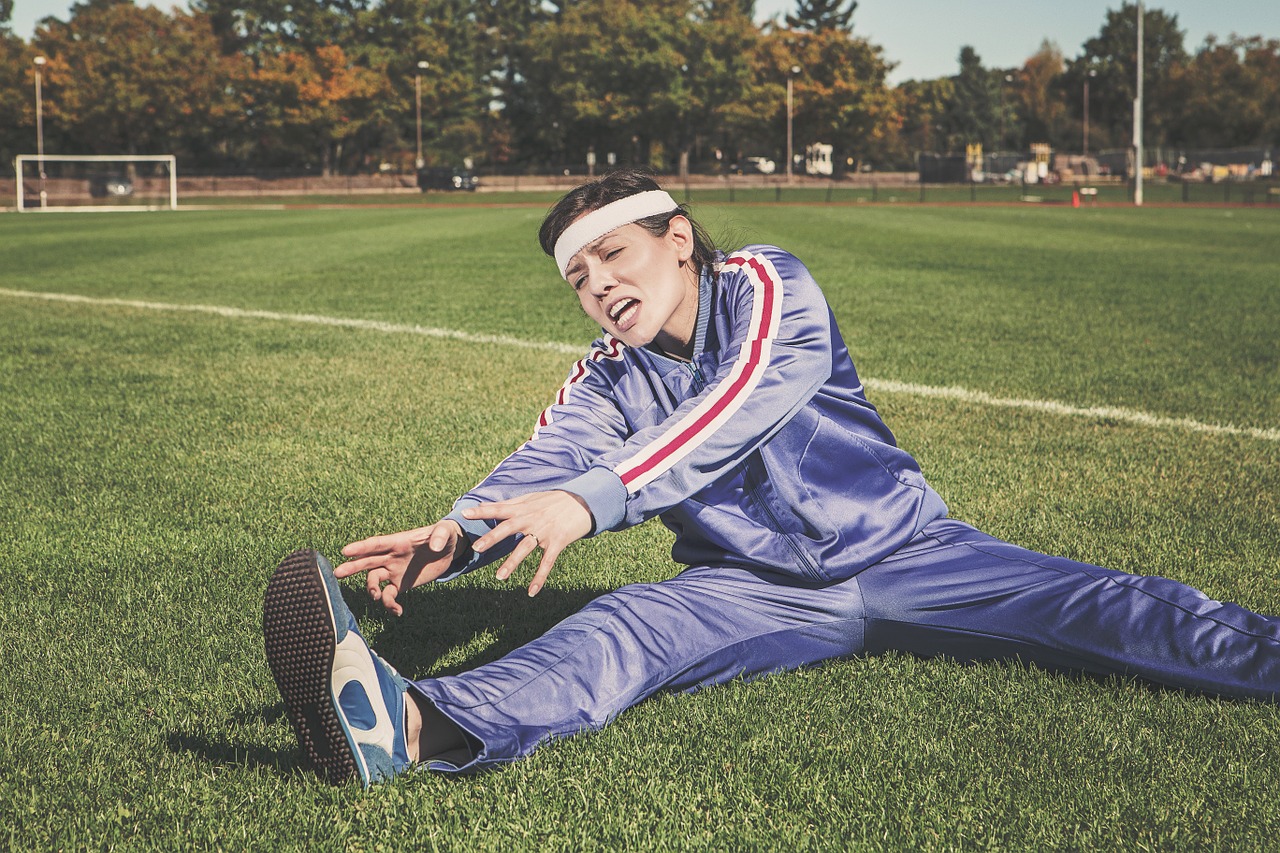
For most fitness-conscious people, nutrition is also very important. But are there workout boosters or certain foods to eat before exercise?
The daily diet should consist of these three main nutrients: carbohydrates, proteins and fats. The right diet also plays an important role for visible training successes, it provides the necessary energy for the workout and can also prevent damage in the muscles.
Each of the three main nutrients has a different effect on the body before exercising. However, how much of which nutrient you should eat depends on the person and the intensity of the workout.
According to the German Society for Nutrition (DGE), the daily nutrient intake should be composed on average as follows:
– 55-60 percent carbohydrates
– 10-15 percent protein
– 30 percent fat
PROTEINS
According to some studies, proteins absorbed before the workout can improve muscle protein synthesis. It does not matter whether the protein is consumed alone or in combination with carbohydrates. Another study showed that a positive anabolic reaction of the muscles occurs when about 20 grams of whey protein was ingested before exercise
Consuming proteins before exercise can also lead to improved muscle regeneration, more strength and leanness in the body, or improved muscle performance
seo services malaysia provides you with SEO and web design services
CARBOHYDRATES
The glucose contained in carbohydrates uses the muscles as energy suppliers. Especially with short sports sessions or HIIT (High Intensity Interval Training), the glycogen stores of the muscles and the liver are the main energy source for the muscles.
For longer workouts, various factors play a role that determine how many carbohydrates are used: intensity, type of exercise and diet. If the glycogen stores are empty, the training performance decreases.
Studies have shown that carbohydrates can improve glycogen storage and glucose availability and promote carbohydrate oxidation.
This is why many athletes eat a lot of carbohydrates before training, the so-called “carb loading”. In some cases, one to seven days in a row is eaten more carbohydrate-rich, so that the glycogen stores can be used and filled to the maximum.
FAT
Glycogen is therefore especially needed for short and intensive workouts. Fats, on the other hand, are good for long and moderate to low-intensity workouts. Some studies have examined the effect of fat on athletes – however, high-fat diets were observed over a longer period of time and not the intake of fat directly before exercise.
One of these studies showed that runners who ate 40 percent of fat per day for four weeks, instead of the average recommended 30 percent, showed significantly improved endurance.
TIMING IS EVERYTHING
In order to improve training success with food, the timing of consumption is crucial. About two to three hours before exercise, you should eat a meal that contains carbohydrates, proteins and fat.
Depending on the individual daily routine, this is not always possible, as many people go to train directly even after work. But that doesn’t mean you have to give up a meal.
However, you should keep in mind that the shorter the distance between food and training, the smaller the meal should be.
CAFFEINE
Caffeine can improve performance, strength and energy and delay the feeling of exhaustion. It can also have a positive effect on fat burning. Caffeine can be easily absorbed by brewed coffee or tea – although there are also special preparations, they are not necessary for the effect. A freshly brewed espresso has the same effect.
By the way, caffeine has the strongest effect about 90 minutes after it is ingested. However, it can also be effective if it is taken 15 to 60 minutes before training.
WATER
Water is a fantastic workout booster! Because with all the food you must not forget to drink! This is the only way the body can achieve optimal performance during sports. This can also improve the training performance, while (even a slight) dehydration can drastically worsen the performance of the athlete.
Therefore, make sure that you consume enough sodium-containing water before exercise, a balanced water balance is ensured.
According to a recommendation of the American College of Sports Medicine (ACSM), you should drink about half a liter of water about four hours before the workout and then another 250 ml about ten to 15 minutes before the workout.
